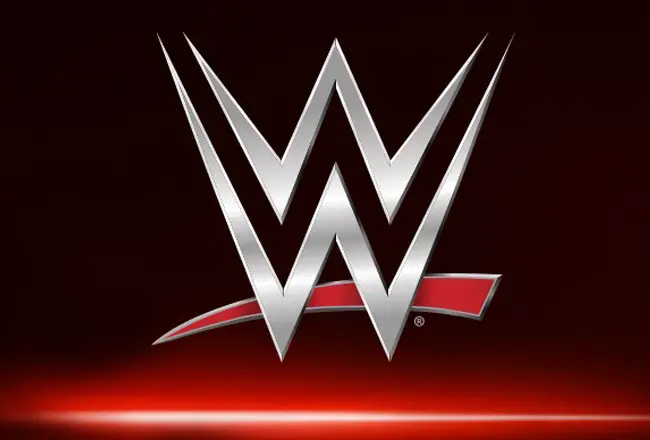
When Marshall McLuhan coined the phrase “the medium is the message” in 1964, he was looking at a significantly smaller media environment. In today”™s digital world, however, getting the message across is much more complicated due to a surplus of mediums to choose from. And this is particularly thorny for would-be advertisers trying to establish a brand presence while attempting to forge a connection with their desired audiences.
Chris McHugh, president of the Fairfield-based McQ Marketing Group, has his own 21st century riff on the classic McLuhan line. “You have to choose the right medium for the message,” he said.
McHugh, whose company creates advertising campaigns that run on print, display, social media and search engine media, added that the various formats evolved in a variety of ways that offer new benefits and challenges. For example, video advertising can go far beyond a passive viewing experience one associates with watching television commercials.
“Nowadays, if it is a video advertisement, it can be a two-way communication,” McHugh said. “Say if there is a small-business owner talking about what they do. You are able to run a Facebook ad with that individual and have the ”˜message me”™ button right at the bottom, and be able to talk with that person instantaneously. If you want that interaction with the business owner and not a salesperson, that is a real difference maker.”
But that raises another concern: creating a video advertisement that will not turn off some of the audience you want to reach.
“If you”™re a millennial, you might think that a more authentic message might come from somebody that you”™re more accustomed to watching on YouTube,” McHugh continued. “It might be somebody in a basement dressed in a hoodie or a t-shirt. Whereas if you skew a little bit older you”™ve been trained that more production value subconsciously carries more weight.”
Sadly, McHugh added, there is no common ground. “You can”™t do a hybrid of a YouTube look or a commercial look.” “I”™ve run ad campaigns where the client wanted to take the commercial and put it online. And I”™ve never seen such awful click-through rates because the viewers are almost offended, saying things like, ”˜Why are you serving me this arcane television commercial when what I want is something authentic and tailored to me?”™ That”™s where you can go wrong a lot of times ”” not knowing what the generational or subconscious mindset would think is authentic or polished or unpolished for them.”
McHugh does not accept the argument that video advertising is routinely ignored by viewers, citing himself as a prime example to contradict that notion. “If I”™m watching a stream of NHL television and they block those ads, I”™m in despair,” he laughed. “I don”™t know what to watch. Should I look at my second screen on my phone? I find there is actual attention given to it.”
Of course, one could just skip the video component and focus on online advertising. But McHugh complained that Google and the social media sites have become “the gatekeeper of what you”™re going to see” during your online experience, which is particularly frustrating for smaller companies trying to gain attention in a niche.
McHugh also observed there are also corners of the online world where the potential for advertising success is largely untapped. McHugh recalled arranging a Snapchat-based campaign for a client despite his initial reservations that the format would not produce the client”™s anticipated feedback. His apprehension on the format was quickly erased.
“The visits to their website exploded, and it was shocking,” he recalled.
On the flip side, McHugh said that some advertising mediums that have been considered near valueless by marketing gurus still have their core audiences, most notably local telephone directories highlighting local vendors and services. “I have a very thick yellow and white pages,” he said. “I know many people in my community who don”™t use the internet and don”™t use cell phones, so that is their go-to.”
So, where does a business owner begin to look for potential advertising mediums? McHugh said that he recommended choosing a single medium to start with, adding that he will “always tell people to start small. You don”™t need to spend a lot of money ”” do a $1,000 and see what works.”
As a post-script, McHugh also offered the affirmation that a successful advertising campaign will more than earn back its initial costs. “You can”™t get around the fact that at its core, advertising does work,” he said. “While it might be a frustrating time for many, it”™s also a fascinating time.”






















